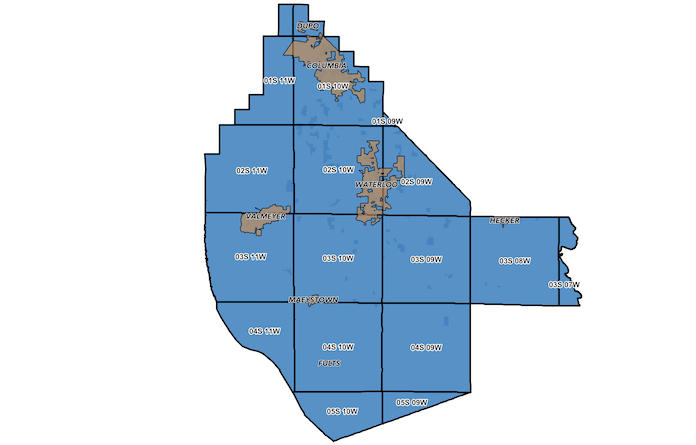C
limate events such as floods, fires, and extreme heat are transforming the real estate landscape, prompting agents to be prepared to discuss risk factors with clients. Since 2006, the Swanepoel Trends Report has provided in-depth research on residential real estate trends, offering insights into the forces shaping the industry.
Major climate events have significant impacts on homeowners, including rising insurance rates and changes in home values. This raises questions about how climate change will affect the future of real estate in affected regions. The following excerpt from T3 Sixty's 2025 Trends Report explores buyer behavior related to climate risks and provides guidance for agents and brokers.
Climate change is driving shifts in perspective, policy, and practice, with some areas experiencing increased demand due to their renewable energy resources, water reserves, and sustainable food systems. However, despite the growing awareness of climate risks, Americans are still moving into areas facing these issues at an unprecedented rate.
A Redfin analysis found that between 2021 and 2022:
* 629,000 more people moved into counties threatened by extreme heat
* The most flood-prone counties gained 384,000 residents
* Riskiest counties facing wildfire risk gained 426,000 net residents
Climate considerations in homebuying decisions vary by generation and region. Millennials and Gen Z shoppers are more likely to consider climate risks than other generations. A 2023 Zillow survey found that:
* 23% of respondents were looking to move to places with fewer climate risks
* 49% were considering areas with similar risk levels
* 27% were searching in areas with higher climate risks
Real estate brokers and agents have a duty to inform clients about all factors related to buying and selling homes. However, experts caution against weighing in on what risk or non-risk to associate with a property due to data limitations.
To educate and inform clients, real estate professionals are encouraged to:
* Avoid getting involved in disputes between homeowners and mortgage lenders or insurers regarding climate concerns
* Form relationships with local environmental managers for access to resources and information
* Encourage buyers to research local or state climate action plans
* Support clients moving into areas with good building codes or robust grant programs
* Understand the availability of homeowners insurance for specific properties
* Acknowledge operating costs, including how climate change impacts them
* Advise homeowners on preventative measures such as proper drainage and disaster preparedness
Brokerages and agents can also research climate forecasts to strategically focus on growing their business in areas deemed to be climate havens or help coach homeowners on alternative locales with better climate outlooks.















